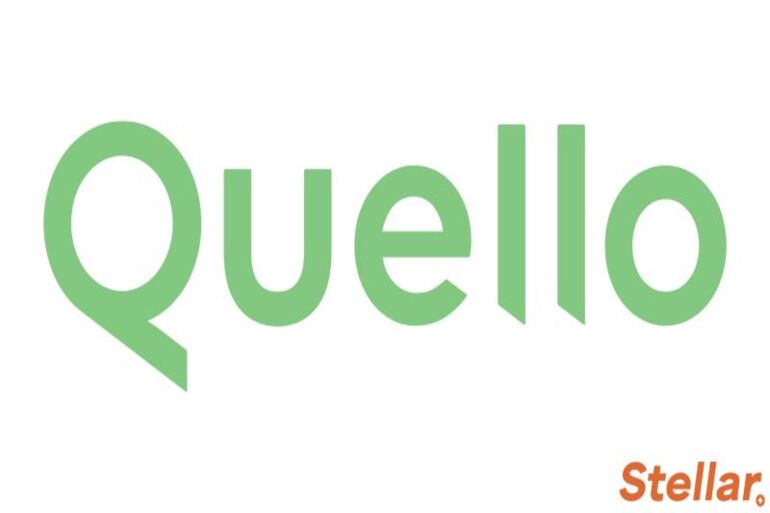Quello, a digital health provider specializing in mail-order allergy care, has expanded into five additional U.S. states—bringing its reach to 21 states just two years after launch. This rapid growth was fueled in part by Stellar, an AI-native services firm that equips businesses with scalable, intelligent automation tools to drive expansion.
Founded in 2022, Quello has grown 4x while keeping its internal operations team lean. The company’s care model—based on sublingual immunotherapy—allows patients to access allergy testing and treatment online, bypassing traditional in-person visits and prescription processes. To manage high patient volume and streamline operations, Quello turned to Stellar to build and implement a range of AI-powered solutions.
“Our customers rave about how easy and effective our treatment is,” said Dr. Michael Menachof, M.D., founder of Quello. “Thanks to Stellar’s AI and automation expertise, we’ve been able to scale our operations rapidly and responsibly without adding headcount. It’s enabled us to make high-quality allergy care simple, convenient, and affordable for more people—now including those in Arizona, New Mexico, Nebraska, Michigan, and Indiana.”
Stellar supported Quello with robotic process automation (RPA), AI-based data engineering, and automated customer workflows—all designed to reduce friction and improve speed at every touchpoint. The digital infrastructure has allowed Quello to meet rising demand and expand into new markets faster than traditional healthcare providers.
“Quello is a great example of the kind of customer we love supporting—innovators solving real problems at scale,” said Brett Flinchum, Chief Executive Officer at Stellar. “With AI-powered infrastructure, they’ve delivered exceptional care to tens of thousands without sacrificing quality or operational efficiency. We’re especially proud to see them now serving patients in our home state of Indiana.”
More than 50 million people in the U.S. experience allergies each year. Quello’s model addresses a large but underserved market, particularly among patients who face barriers to traditional care.



